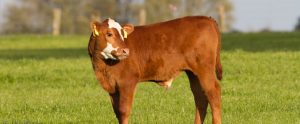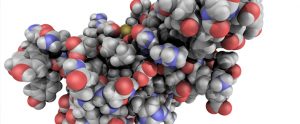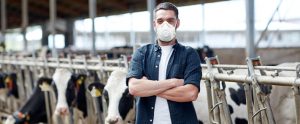Mad Cow disease

BSE, or mad cow disease as it is more commonly known, is a disease that affects cattle and can also infect human beings. Bovine spongiform encephalopathy is a disease that attacks the brain and the spinal cord of the infected animal. The disease has become well known in the U.K. because of the number of cases that spread through cattle during the 1980’s and 1990’s. The rise in cases of the human form of the disease, which is passed on when humans consume infected meat, has also contributed to the notoriety and high profile of the disease in Britain.
Bovine Spongiform encephalopathy

In cattle the disease attacks the brain and spinal cord often causing the animal to have difficulty standing up. This particular symptom of the disease is often seen on
television news reports, where it is used as stark visual evidence of the effect the disease has on cattle. The disease began to spread amongst cattle because British farmers were feeding their cattle animal by-products, which were a cheaper alternative to other protein supplements the cattle could be fed. The by-products contained the disease and subsequently thousands of animals became infected with BSE.
The U.K.

There have been several outbreaks of the disease amongst cattle in Europe and the rest of the world, however it the United Kingdom that has seen the majority of BSE cases, which is partly due to many farmers use of cheap animal by-products to feed their cattle. The United Kingdom has also seen many cases of CJD, which is the human form of the disease.
Creutzfeldt-Jacob Disease

The human form of mad cow disease became a much talked about disease during the 1990’s as several people were struck down with the illness. People who had eaten beef from infected cattle developed CJD, a disease that attacks the brain and can cause dementia amongst other symptoms. The disease has killed over 150 people in Europe, the majority of which have been British, causing many people to question the quality and safety of British beef.
Measures taken

Governments around Europe and in the U.S.A. have taken similar measures to control outbreaks and prevent the spread of the disease into the wider population. Bans on imports of meat from countries where BSE is present is a common route taken, as well as the systematic slaughtering of cattle that have been or could be infected. Import bans and negative media coverage can damage the reputation of beef producing farmers. Farmers can suffer greatly because people will choose not to buy their beef, which compounds the problem of not being able to export their meat to important foreign markets. Although there have been relatively few cases of the disease found in Britain over the past 5 years, the long incubation period of CJD means that more people will develop the disease in years to come.
